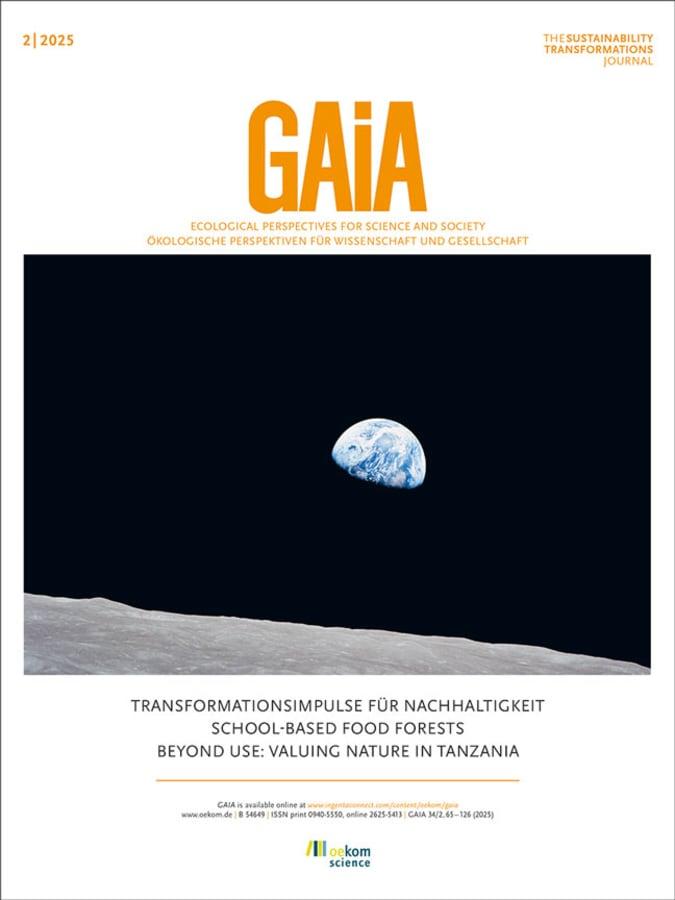Wagner Group’s Renewed Influence in the Central African Republic: Implications and Prospects
Resurgence of Wagner Operations in Southeastern CAR
The Russian paramilitary organization known as the Wagner Group has recently escalated its activities in the southeastern territories of the Central African Republic (CAR). This resurgence occurs amid a protracted period of political instability, armed conflict, and fragmented governance that have long destabilized the nation. Intelligence reports reveal that Wagner is deploying additional forces to secure critical zones, particularly those rich in natural resources such as gold and diamonds. Their campaign aims to suppress rival militias while reinforcing control over lucrative mining areas.
Beyond military maneuvers, Wagner appears to be adopting a comprehensive approach by engaging with local communities to solidify their foothold. This includes efforts to integrate into local administrative structures and provide security services-measures designed to cultivate loyalty among residents and create an environment conducive to their sustained presence. Key facets of this strategy include:
- Securing strategic mineral extraction sites
- Neutralizing opposition factions
- Offering protection for economic assets
- Participating in local governance frameworks
- Delivering humanitarian assistance initiatives
This multifaceted approach not only strengthens Wagner’s operational capacity but also reshapes power relations within southeastern CAR, potentially altering regional stability dynamics.
The Broader Geopolitical Ramifications of Wagner’s Expansion
The intensification of Wagner’s presence marks a significant shift within both national and regional geopolitical contexts. By embedding itself deeply into CAR’s volatile southeast, the group challenges governmental authority while complicating international diplomatic efforts aimed at peacebuilding. The Kremlin-backed militia’s ambitions are driven largely by securing access to valuable natural resources-a move that simultaneously counters Western influence across Central Africa.
This development reverberates beyond CAR’s borders, impacting neighboring states such as South Sudan and Democratic Republic of Congo (DRC), where similar conflicts persist. As an autonomous paramilitary entity operating with minimal accountability, concerns about human rights violations have intensified among global observers.
- Dynamics with Local Militias: The interplay between Wagner forces and indigenous armed groups often involves shifting alliances or direct confrontations that redefine territorial control.
- International Diplomatic Responses: Major powers including the United States, European Union members, and China are recalibrating policies toward Africa amid these evolving security challenges.
- Economic Interests: Control over gold mines-estimated at contributing millions annually-and diamond fields remains central for sustaining Wagner’s operations financially.
| Key Considerations   | Possible Consequences |  
|---|---|
| Challenges in Local Governance Structures |  Escalation in instability; risk of insurgent uprisings; |







